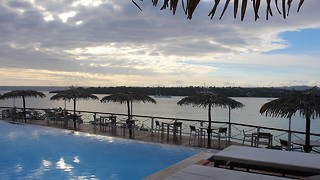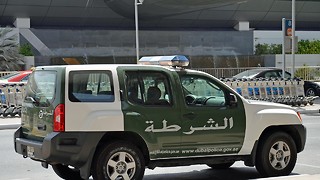Cambridge at forefront of BBC history project
Newton’s journal and Darwin’s notebooks are among items contributed by the University to “A History of the World” project
The museums of the University of Cambridge are at the forefront of a new national project designed to showcase world history from local perspectives.
The project entitled “A History of the World” is the result of a collaboration between the BBC and the British Museum. As part of the project, local museums have chosen objects from their own collections that reflect world history from their region’s perspective.
Inspired by the BBC Radio 4 series of the same name, the project has so far attracted considerable interest across the country. Some of the most notable items in the collection, however, come from the museums of Cambridge, including many of the University’s Faculties.
"A History of the World" in Cambridgeshire brings together museums as diverse as the Fitzwilliam, the Imperial War Museum Duxford, and the Scott Polar Research Institute – institutions that are now all working together to build up a history of the region and its global connections.
The Director of the British Museum, Neil MacGregor, explained the rationale behind the project: “Most of us learn history from books, but I think that it is physical objects that most powerfully connect us to the past – things made by somebody with hands just like ours, for a purpose we can still hope to understand.”
Descriptions of the various objects will be uploaded to the BBC website in the coming months. The most notable artifacts will also be featured in a series of national radio and TV programmes.
Amongst the objects contributed by the University include a revealing journal kept by Isaac Newton, and a collection of Charles Darwin's Beagle specimen notebooks – crucial to his ground-breaking theories of evolution – from the decade when he lived in Cambridge.
Many objects chosen have been dramatically excavated from Cambridgeshire soil. The University Museum of Archaeology & Anthropology contributed an Anglo-Saxon glass beaker that narrowly escaped a bulldozer's path during roadworks on the A14 highway. The Archaeological Unit also offered a remarkable medieval coin hoard discovered by workmen in a sewerage shaft in Cambridge city centre.
Ultimately, the value of the project was summarised by former Master of Trinity College and Nobel laureate, Amartya Sen. Speaking to BBC Radio 4, he stated that “a history of the world is a history of interconnectedness. We should think of a history of world civilization evolving and interacting with each other… not as a clash of civilisations.”
 News / Academics lead campaign against Lord Browne Chancellor bid2 July 2025
News / Academics lead campaign against Lord Browne Chancellor bid2 July 2025 News / Clare students call on College to divest3 July 2025
News / Clare students call on College to divest3 July 2025 Lifestyle / It’s pretty fun to talk to strangers3 July 2025
Lifestyle / It’s pretty fun to talk to strangers3 July 2025 Science / It’s only rocket science, Elon3 July 2025
Science / It’s only rocket science, Elon3 July 2025 News / Join Varsity‘s editorial team this Michaelmas23 June 2025
News / Join Varsity‘s editorial team this Michaelmas23 June 2025







